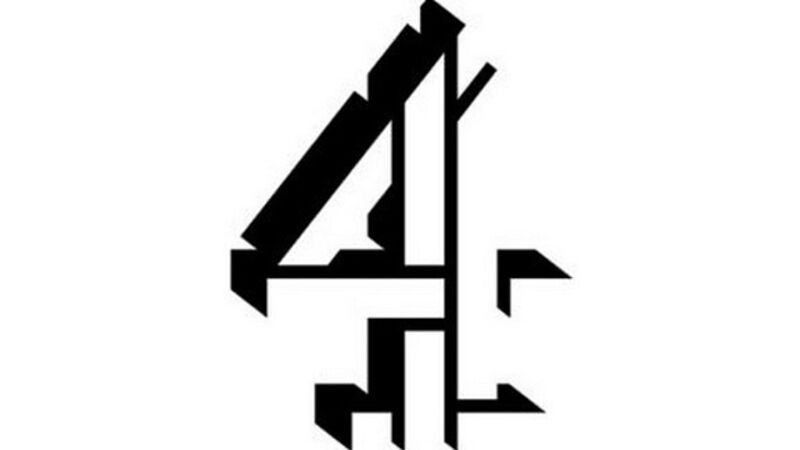TV station must provide Ryanair with documents

The High Court made the disclosure orders in advance of Ryanair’s defamation action against the station and the programme producers, Blakeway Productions, over the August 12, 2013, broadcast.
The programme saw a number of pilots express criticisms of the company in relation to its fuel policy, which allegedly led to three emergency incidents at Valencia Airport, Spain, on July 26, 2012.













